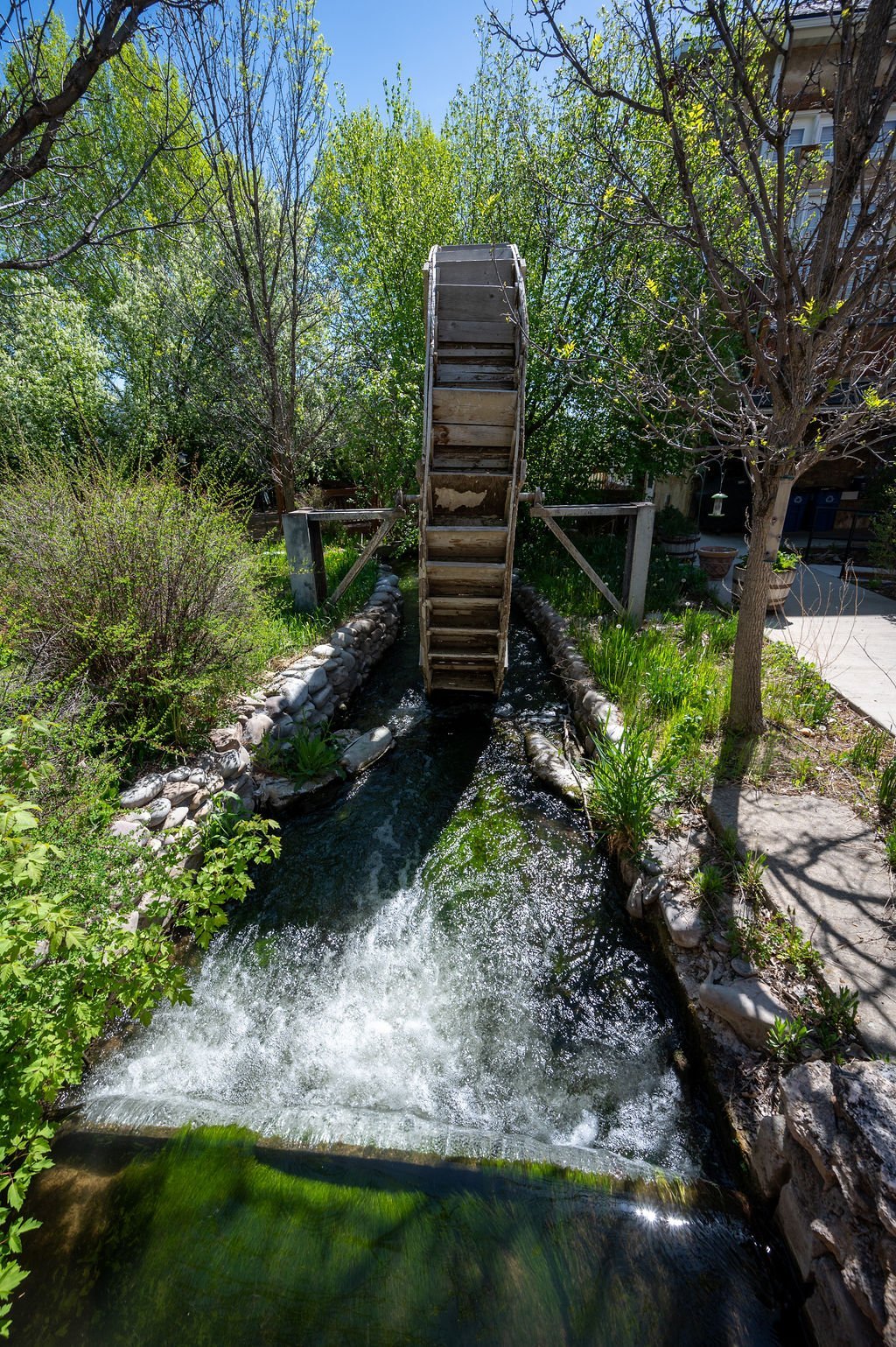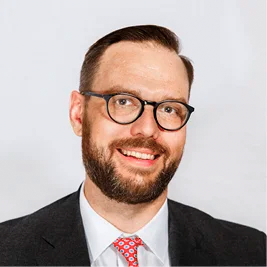Utah Addiction Treatment Center

What Is Treatment for Alcohol and Drug Abuse?
Treatment for addiction often involves a combination of medication, therapy, and support programs. Rehab centers typically offer the following treatment options as part of an individual protocol:
- Detox: This is usually the first step in treatment, where the body is allowed to rid itself of the substance. Medical supervision is often required in this stage due to withdrawal symptoms.
- Medication Management/Stabilization: Certain medications can be used to manage withdrawal symptoms, prevent relapse, or treat any co-occurring mental health disorders like depression or anxiety.
- Behavioral Counseling: Individual, group, or family counseling can help identify the root causes of substance abuse, repair relationships, and build healthier coping skills.
- Inpatient Treatment Program: For severe cases, residential or inpatient treatment can provide round-the-clock care and a structured environment that supports recovery.
- Outpatient Treatment Program: Outpatient treatment for drug and alcohol abuse allows individuals to participate in therapy or counseling sessions while living at home. It can be as effective as residential treatment for many people, especially those with strong social support systems.
- Aftercare Support: This is crucial to maintain sobriety. Aftercare programs and planning may include regular check-ins with a healthcare provider or continued participation in recovery groups or 12-step programs.
Remember, each person’s journey to recovery is unique, and what works for one person may not work for another. It’s important to consult with a healthcare provider or a professional in substance addiction to determine the best course of action.
A Tailored Treatment Process
If you’re looking for a drug & alcohol treatment center, you may be surprised to learn that “addiction treatment” describes a wide range of therapies designed to help people recover from substance use disorders. A drug rehab center will utilize a variety of these in order to construct a tailored program that works for the individual and puts them on the path to a successful recovery.
Some of the therapies and interventions used in treatment programs address addiction directly. These might include medically supervised detox, relapse prevention programs, or group therapy.
Other treatments, such as trauma therapy, PTSD treatment, or individual counseling, address the underlying issues that led to addiction. During drug addiction recovery in Utah, patients build up their self-esteem and improve their interpersonal skills, establishing a strong foundation for personal success that is not reliant on the short-term rewards of drug use.
A comprehensive drug & alcohol treatment program provides targeted resources that meet each individual’s needs. For example, the best treatments for addiction symptoms in veterans may be different than those for civilians due to the particular traumas many veterans experience.
Addictions We Treat In Midway, Utah
No matter what addictions you are struggling with, our treatment facility’s customized and compassionate care will help you begin to understand the root of your substance abuse so you can renew your life. The addictions we treat include, but are not limited to:
Alcohol
We provide specialized alcohol addiction treatment for men and women. Our residential rehab program utilizes various therapies to provide comprehensive treatment. In our program you’ll learn coping strategies to stop drinking and overcome alcohol dependency.
Opioids
Opioid addiction is a crisis across America. Addiction rehab and treatment for opioids helps address the mental and physical effects of abusing these types of drugs.
Heroin
Heroin addiction treatment involves medically supervised detox followed by individual and group therapy. Our program equips individuals with coping strategies and support essential for overcoming heroin addiction.
Meth
We provide specialized meth addiction treatment including behavioral therapies and nutrition therapy, which is essential in recovery from methamphetamine abuse. Our approach focuses on addressing the psychological and physical effects of methamphetamine abuse.
Fentanyl
Fentanyl rehab and addiction treatment helps detox from the drug and includes comprehensive therapy to challenge thoughts and behavior that may have led to the abuse.
Cocaine
Our holistic approach includes education on the long-term effects of cocaine, empowering individuals to make informed decisions for their recovery. Cocaine rehab and treatment involves tailored therapy sessions to manage triggers and cravings.
Prescription Pills
When taking strong medications such as benzodiazepine or Adderall it’s possible to become addicted to the effects. Acqua Recovery uses a sensitive approach to teach safe pain management techniques and coping strategies in our prescription pill rehab.
Marijuana
Many abuse marijuana without considering this drug to be dangerous or prolonged use to be harmful. Our marijuana rehab treatment program equips individuals with coping skills and knowledge about marijuana’s effects, supporting them in making positive choices for their future.
And More
AT Acqua Recovery we address substance use disorders as well as co-occurring mental health disorders. Learn more about our dual diagnosis program and how it can help in your recovery.
Mental Health & Dual Diagnosis Treatment
Even if you don’t realize it now, addiction is typically just the symptom of an underlying mental or behavioral health issue. That’s why at Acqua Recovery, we use a dual-diagnosis approach to treat both the addiction and the core issues causing it. Some of the co-occurring disorders commonly associated with addiction include:
Anxiety
Anxiety is characterized by excessive worry and fear. Treatment for anxiety disorder often involves therapy, such as cognitive-behavioral therapy (CBT), and in some cases, medication to manage symptoms and improve coping strategies.
Depression
Depression is a mood disorder leading to persistent feelings of sadness and loss of interest. Treatment for depression includes treatment modalities, like psychotherapy or counseling, and medication to help regulate mood and alleviate symptoms.
PTSD
Post-Traumatic Stress Disorder (PTSD) results from experiencing traumatic events. Therapies like Eye Movement Desensitization and Reprocessing (EMDR) and exposure therapy are commonly used to process traumatic memories and promote healing.
Behavioral & Emotional Disorders
Behavioral and emotional disorders encompass a range of conditions affecting behavior, emotions, and social interactions. Treatment often involves a combination of therapy, counseling, and behavioral interventions tailored to specific symptoms and needs.
Bipolar Disorder
Bipolar disorder involves extreme mood swings, including manic highs and depressive lows. Treatment includes mood-stabilizing medications and psychotherapy to manage mood fluctuations and improve overall quality of life.
ADHD
Attention-Deficit/Hyperactivity Disorder (ADHD) leads to impulsivity, hyperactivity, and inattention. Treatment may involve behavioral therapy, counseling, and medications like stimulants or non-stimulants to enhance focus and impulse control.
OCD
Obsessive-Compulsive Disorder (OCD) results in recurring thoughts and repetitive behaviors. Treatment includes cognitive-behavioral therapy (CBT), exposure therapy, and sometimes medication to alleviate obsessive thoughts and compulsive rituals.
Borderline Personality Disorder
Borderline Personality Disorder (BPD) causes unstable moods, relationships, and self-image. Therapy, especially Dialectical Behavior Therapy (DBT), helps individuals manage intense emotions and develop healthier coping mechanisms.
And More
Various other mental health disorders require individualized treatment approaches, often combining therapy, counseling, and medication to address specific symptoms and improve overall well-being. Treatment plans are tailored to the individual’s unique needs and challenges.
What Is Mental Health Treatment?
Mental health treatment encompasses a variety of strategies designed to manage mental health conditions like depression, anxiety, bipolar disorder, schizophrenia, and others. The goal is to reduce symptoms, improve quality of life, and support recovery and well-being. There are lots of mental health services that also aid in addiction recovery.
Psychotherapy (Talk Therapy): This can involve individual sessions, group therapy, or family therapy. Common types include cognitive-behavioral therapy (CBT), dialectical behavior therapy (DBT), and psychodynamic therapy.
Medication: Depending on the nature of the condition, different medications may be prescribed, including antidepressants, anti-anxiety drugs, mood stabilizers, antipsychotics, or others.
Psychiatric Hospitalization: In a case where a person’s mental health disorder is in crisis or the individual cannot care for themselves safely, hospitalization may be necessary. This allows for intensive treatment and stabilization.
Residential Care: These integrated programs provide a supportive living environment along with therapeutic intervention. They can be helpful for individuals who struggle with chronic relapse, severe symptoms, or daily functioning.
Self-Care Practices: Regular physical activity, a balanced diet, sufficient sleep, and mindfulness practices such as meditation can all contribute to better mental health.
Support Groups: Peer-led groups can offer a supportive environment to share experiences, learn from others, and practice social skills.
Complementary and Experiential Therapies: These might include yoga, acupuncture, massage therapy, and other holistic treatment options. At Acqua Recovery our beautiful setting enables us to offer experiental therapies which involve healing in nature.
Technology-Assisted Therapy: This includes online therapy, teletherapy, mental health apps, and other digital resources.
Remember, effective treatment often involves a combination of these strategies and should be personalized to the individual’s needs. It’s important to consult with a healthcare provider or mental health professional to determine the best course of action.

What Is the Recovery Process for Addiction?
The process of recovery is a personal journey that involves several steps. It’s important to remember that each person’s path to recovery is unique and what works for one person may not work for another. Here are some general stages often involved in this process:
The first step in recovery is recognizing that there is a problem with substance use or addiction. This can be the most challenging step, as denial is a common symptom of addiction.
In this stage, individuals start to think about the negative impact of their addiction and the benefits of change. They may begin researching treatment options.
The individual starts taking small steps toward recovery. This could include speaking with healthcare professionals, attending a support group meeting, or discussing the situation with loved ones.
This stage often involves detox (if necessary) and engagement in treatment, such as counseling, medication, and support groups. The focus is on developing new healthy life skills and healing both physically and mentally.
The person continues to build a new life without substance use. This might involve regular mental health therapy sessions, participation in support groups, and ongoing self-care. The risk of relapse is high during this stage, so it’s crucial to develop strategies to prevent or cope with setbacks.
After several years in recovery, the person has built a satisfying, substance-free life! They have a deep understanding of themselves and their addiction, and they continue to use the tools and strategies they’ve learned to maintain their personal growth.
Unfortunately, relapse is often part of the recovery process. If substance use happens, it’s important to view it as a learning opportunity rather than a failure. It’s a signal that the current approach needs to be adjusted.
Remember, recovery is a lifelong journey that requires ongoing commitment for continued success. It’s essential to seek professional help and utilize available resources for the best chance of long-term recovery.
The Dangers of Drug and Alcohol Addiction
Drug and alcohol addiction can have severe and sometimes fatal consequences for an individual’s physical, mental, and social health. Here are some of the potential dangers associated with it:
- Physical Health Risks: Chronic substance use can lead to a range of health problems, including liver disease, cardiovascular disease, respiratory problems, stroke, cancer, and infectious diseases like HIV and hepatitis C (through shared needles). Overdose is also a significant risk, which can result in death.
- Mental Illness: Substance abuse often co-occurs with mental health issues like depression, anxiety, and bipolar disorder. Addiction can exacerbate these conditions. It can also lead to mental health disorders like induced disorders, such as psychosis or mood disorders.
- Cognitive Impairment: Long-term substance use can affect cognitive functions, including memory, attention, decision-making, and impulse control. It can also increase the risk of neurodegenerative disorders and accelerate brain aging.
- Social Consequences: Addiction can strain relationships with family and friends, leading to isolation. It can also cause difficulties in professional life, including job loss and financial problems.
- Legal Issues: Drug and alcohol misuse can result in legal problems, including arrests, fines, and jail time.
- Risk-Taking Behavior: Individuals struggling with addiction may engage in risky behaviors, like unprotected sex or reckless driving, increasing their likelihood of injury or contracting sexually transmitted infections.
- Addiction Cycle: The compulsive nature of addiction means that individuals may neglect other areas of life to focus on obtaining and using substances. This can create a vicious cycle that is difficult to break without help.
If you or someone you know is struggling with substances, it’s crucial to seek professional help. There are many effective treatments available, and recovery is possible.
Addiction Recovery Treatment Center in Utah
Whether you’re seeking treatment for yourself or a loved one, know that you can’t treat addiction effectively without treating the trauma that so often fuels it.
Our clinical team’s trauma-informed and compassionate care model helps clients to heal and find freedom for good. That’s why Acqua Recovery is where science meets sanctuary. Call us and start your life changing recovery journey!
Addiction Treatment FAQs
How Much Can Addiction Treatment Cost?
The exact costs of attending an outpatient or residential treatment center in Utah depend on many factors, including the services received and the length of treatment. Our admissions counselor will discuss specific information and payment options when you call.
How Long Does Addiction Treatment Last For?
Most treatment programs range from 30 to 90 days. Aftercare may continue for many months, depending on the patient’s needs.
Does Insurance Cover Addiction Treatment Recovery Programs?
Your insurance may cover all or part of your drug and alcohol treatment. You can review all of the insurance providers we’re in network with and speak with our admissions counselor to verify coverage and confirm any out-of-pocket costs.
Does Medicaid Cover Addiction Treatment Programs?
Yes, Medicaid will pay for all or part of your treatment costs. If you are receiving Medicaid and need substance abuse treatment in Utah County, contact our admissions counselor to learn more.
What Levels of Care are offered?
We offer outpatient services, intensive outpatient programs(IOP), partial hospitalization programming (PHP), residential treatment, sober living, and more.
Take the first step to transforming your life.

Dr. Pickrell is a board-certified psychiatrist with interests in addiction and psychiatry. He strives to identify the underlying cause of substance use. His understanding of addiction as the overlapping symptoms of biopsychosocial development is the foundation to his care model. He is committed to helping both patients and families understand that addiction is a treatable medical illness. He has been involved in the treatment of addiction for the last 17 years and completed his residency training at the University of Utah.










